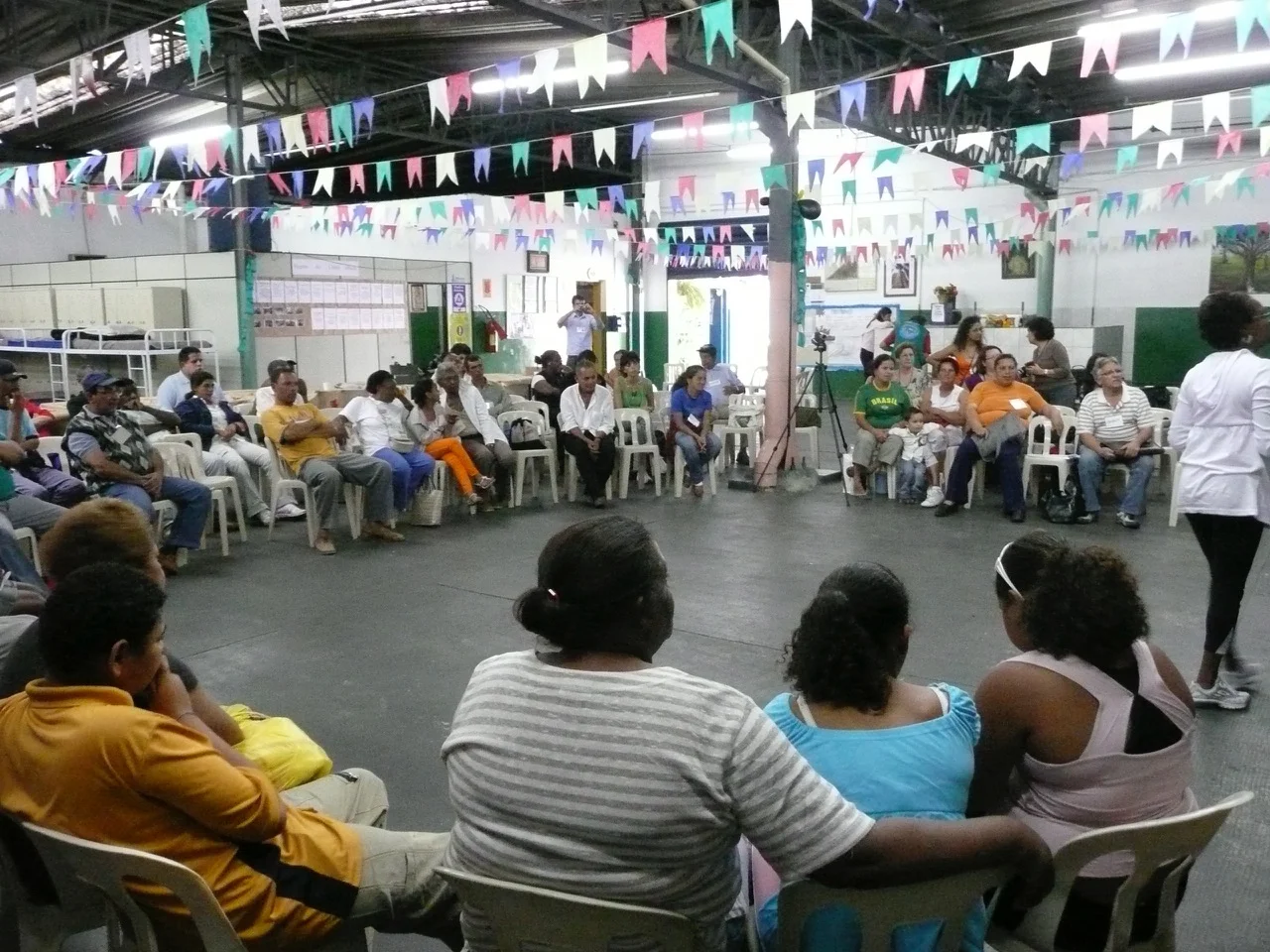HISTORY
-
The Community-based Research Laboratory (CBRL) was set up in 2005, by Dr. Jutta Gutberlet, with funding from the Canadian Foundation for Innovation (CFI) and the British Columbia Knowledge Development Fund (BCKDF).
-
Initially focusing on Participatory rapid appraisal of the fishing communities in Arraial do Cabo, and on urban agriculture, with the project: “From Conucos to current-day urban agriculture: Cuba’s communal answer to food and health sustainability”.
Funding: Office of International Affairs Development Project Seed Money Grants (DPSMG), 2005/06Under the leadership of Dr. Gutberlet, and with the engagement of a large number of CBRL members, numerous research projects have been, and continue to be, carried out.
-
Significant work followed the initial research initiatives on food, health, and sustainable aquaculture. The focus shifted towards questions relating to waste and livelihoods.
Some of that work happens in our own local community and involves, for example, the Binners, 'Valoristes', and homeless population in Victoria, Vancouver, and Montreal.
Other research on the geographies of waste, currently in progress, encompasses international perspectives and engages scholars from various universities, as well as grassroots social movements and community groups in countries such as Argentina, Bangladesh, Brazil, Kenya, Mongolia, Nicaragua, Tanzania, and Sweden.
Lessons learned early on from the community-led research the CBRL has conducted in Brazil, is now informing research concerning many communities across the world. The network of actors involved in these research projects are constantly expanding and diversifying.
-
CBRL is networking widely and is also supporting many other likeminded initiatives, with which sometimes strong relations get established.
Until now, many students and volunteers have trained in the Lab, some of which have become trainers themselves, building the capacity of other Lab members and beyond.
The CBRL has enabled and invigorated learning and skill buildings, which has ultimately contributed to the research outcomes and to the capacity building of its members and participants.

